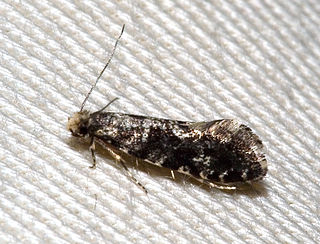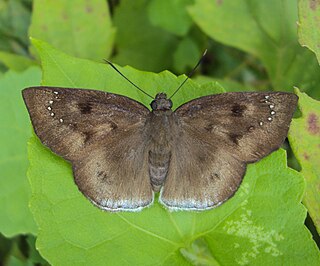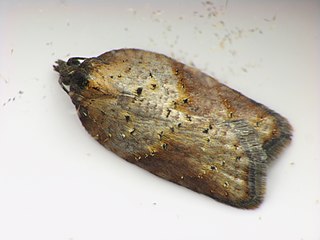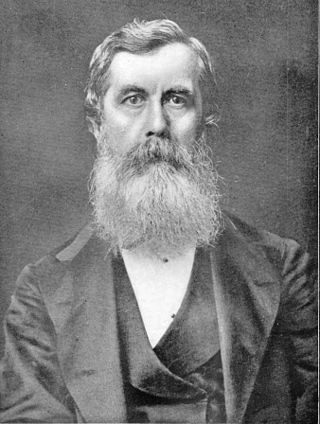
Skippers are a group of butterflies placed in the family Hesperiidae within the order Lepidoptera. They were previously placed in a separate superfamily, Hesperioidea; however, the most recent taxonomy places the family in the superfamily Papilionoidea, the butterflies. They are named for their quick, darting flight habits. Most have their antenna tips modified into narrow, hook-like projections. Moreover, skippers mostly have an absence of wing-coupling structure available in most moths. More than 3500 species of skippers are recognized, and they occur worldwide, but with the greatest diversity in the Neotropical regions of Central and South America.

The Arctiinae are a large and diverse subfamily of moths with around 11,000 species found all over the world, including 6,000 neotropical species. This subfamily includes the groups commonly known as tiger moths, which usually have bright colours, footmen, which are usually much drabber, lichen moths, and wasp moths. Many species have "hairy" caterpillars that are popularly known as woolly bears or woolly worms. The scientific name Arctiinae refers to this hairiness. Some species within the Arctiinae have the word "tussock"' in their common names because they have been misidentified as members of the Lymantriinae subfamily based on the characteristics of the larvae.

Tineidae is a family of moths in the order Lepidoptera described by Pierre André Latreille in 1810. Collectively, they are known as fungus moths or tineid moths. The family contains considerably more than 3,000 species in more than 300 genera. Most of the tineid moths are small or medium-sized, with wings held roofwise over the body when at rest. They are particularly common in the Palaearctic, but many occur elsewhere, and some are found very widely as introduced species.

Notodontidae is a family of moths with approximately 3,800 known species. The family was described by James Francis Stephens in 1829. Moths of this family are found in all parts of the world, but they are most concentrated in tropical areas, especially in the New World.
Sir George Francis Hampson, 10th Baronet was an English entomologist.

Arthur Gardiner Butler F.L.S., F.Z.S. was an English entomologist, arachnologist and ornithologist. He worked at the British Museum on the taxonomy of birds, insects, and spiders.

Matapa aria, the common redeye, is a butterfly belonging to the family Hesperiidae found in India and Southeast Asia.

Gomalia elma, also known as the marbled skipper or African marbled skipper, is a species of hesperiid butterfly. It is found in Africa and parts of Asia.

Tagiades gana, the immaculate snow flat, large snow flat or suffused snow flat, is a butterfly belonging to the family Hesperiidae found in Indomalayan realm.

Carposinoidea, the "fruitworm moths", is a superfamily of insects in the lepidopteran order. The superfamily is also known as Copromorphoidea, which is a junior synonym. These moths are small to medium-sized and are broad-winged bearing some resemblance to the superfamilies Tortricoidea and Immoidea. The antennae are often "pectinate" especially in males, and many species of these well camouflaged moths bear raised tufts of scales on the wings and a specialised fringe of scales at the base of the hindwing sometimes in females only; there are a number of other structural characteristics. The position of this superfamily is not certain, but it has been placed in the natural group of "Apoditrysia" "Obtectomera", rather than with the superfamilies Alucitoidea or Epermenioidea within which it has sometimes previously been placed, on the grounds that shared larval and pupal characteristics of these groups have probably evolved independently. It has been suggested that the division into two families should be abandoned.

The Archipini are a tribe of tortrix moths. Since many genera of these are not yet assigned to tribes, the genus list presented here is provisional.

Glyphidocera is a genus of moths in the family Autostichidae.

The Cochylini are a tribe of tortrix moths. It used to be classified as the subfamily Cochylinae.

Argyrotaenia is a genus of moths in the tribe Archipini within the family Tortricidae.

The Tortricini are a tribe of tortrix moths.

William Schaus was an American entomologist who became known for his major contribution to the knowledge and description of new species of the Neotropical Lepidoptera.

Frederic Moore FZS was a British entomologist and illustrator. He produced six volumes of Lepidoptera Indica and a catalogue of the birds in the collection of the East India Company.
Alexey Nikolaievich Diakonoff, also transliterated as Alexej Nikolajewitsch Diakonoff, was a Russian–Dutch entomologist who specialised in Microlepidoptera.

Charaxes viola, the savanna demon charaxes, is a butterfly in the family Nymphalidae. It is found in Senegal, Gambia, Guinea-Bissau, Guinea, Burkina Faso, Sierra Leone, Ivory Coast, Ghana, Togo, Nigeria, Chad, Cameroon, the Republic of the Congo, the Central African Republic, Chad, the Democratic Republic of the Congo, Sudan, Uganda and Kenya. The habitat consists of dry savanna and dry forests.
Lusterala is a monotypic, neotropical genus of tortix moths provisionally assigned to tribe Grapholitini of subfamily Olethreutinae, with Lusterala phaseolana as sole species.
















